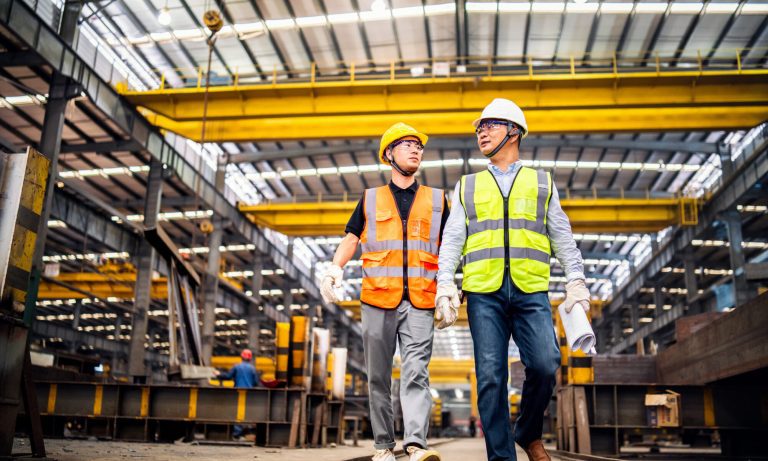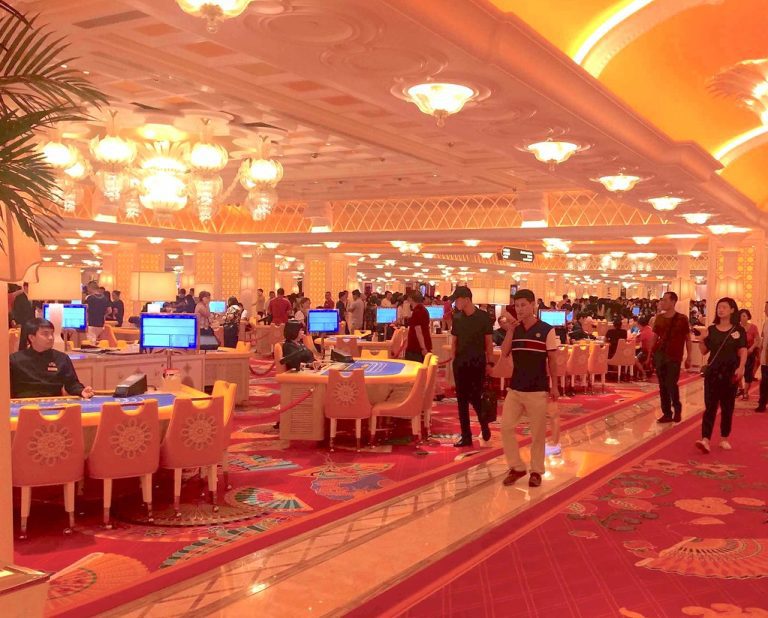2020, as a year, has dealt surprise after surprise to the vast majority of us. Unfortunately, many of the surprises haven’t been all too positive. This has been the year of coronavirus and Covid-19. Since the start of the year, the deadly virus and resultant disease have spread rapidly around the world, causing a huge number of deaths and widespread illness. In a bid to slow the spread of the virus until we develop a vaccine, social isolation and social distancing measures have been put in place around the world. For many of us, months have been spent in our own homes, with many countries telling their citizens for months that they should only be leaving their homes for essentials, such as food shopping, medication or to briefly exercise. Still now, the majority of countries around the world are still implementing social distancing rules, where people have to wear masks and maintain a two metre distance between each other, sometimes only seeing people who they live in the same household with. This, of course, has had a profoundly negative impact on many businesses. Countless businesses haven’t been able to operate in this manner and have gone under. Many businesses are struggling. Countless people have lost their jobs through company collapses and companies no longer being able to afford their services. If your business is up and running, you may be worried that your company won’t make it through this pandemic. But try to be positive! There are a number of things that you can do to try to keep things up and running and work your way through this. Here are some that you might like to keep in consideration. Adapt to Remote Working Well If your company can operate remotely, chances are you’ve been operating on a remote basis for a little while now. But remote working isn’t the key to success. Making sure your staff can work well remotely is. A switch to remote work (and a sudden one at that) isn’t ideal for you or your staff. Learning to operate and work on a remote basis needs adaptations that can take a little time to implement and get a grip of. Here are some you really need to consider. Communication Communication between team members is key to any company’s success. But communicating in an office space or other commercial premises is much simpler than having a full team communicate from different locations. In a commercial premises, staff can chat, hold meetings in meeting rooms and generally get their thoughts, feelings and delegations out quickly and easily. The good news is that there are now various online programmes and applications that can help everyone to communicate almost as simply from their own individual locations. Programmes and apps like Zoom allow multiple people to video call at once, working as a great replacement to meetings. Software like Microsoft Teams have instant chat features, which staff can use in place of chatting. Make sure to prioritise communication. You need to keep your team together if you want everyone to be as collaborative and productive as possible. Security Security is another factor that you really need to focus on. Of course, security is always important in business. But when you are in an office space, staff can work from a network that you have provided. They can work from devices that you have provided. They can work on an internet connection you have provided. They can be monitored by you. When they work from home, this could all go out of the window. This is potentially dangerous for your company, as it leaves your company vulnerable to cyberattack. What’s worse? Cyber criminals are aware that most companies are still getting used to operating on a remote basis and are targeting many small businesses, knowing about these vulnerabilities. A successful cyber attack could result in a security breach, which could result in leaked data, data related issues for employees and customers and serious damage to your reputation. Steps to take to maximise your security while staff work remotely include: Staff cybersecurity training – staff need to be trained in cybersecurity. The more aware they are of common cyber attacks (such as phishing), the less likely they are to fall for them. This will significantly reduce the opportunities that a cybercriminal will have to infiltrate your systems. Moreover, you can also trust sapphire.net for the best cyber security services within the UK. Spam Blocking Software – of course, your staff are much less likely to fall for phishing emails if the emails don’t make their way to them in the first place. This may sound excessive, but spam emails genuinely do account for 50% of all emails and some can be pretty convincing. Spam blocking software can help to effectively filter out spam and prevent it from getting into your staff members’ inboxes. Secure data storage – all of your data should be stored as safely and securely as possible. It’s a good idea to migrate to aws, which will ensure that all of your data is safely secured within a Cloud system. A VPN – VPN stands for “virtual private network”. It is essentially a network that you and your staff can connect to via the internet. It provides your business with much better security than staff operating on their own networks, which could be less secure. Adapt Your Commercial Premises and Operating Procedures If your business is returning to a commercial premises, you’re still going to have to operate according to government guidelines. This is likely to involve implementing social distancing measures and various other measures to protect your staff and members of the public. Following these measures doesn’t only ensure that you are operating legally. It also ensures that customers feel safe and comfortable shopping with you and will encourage them through your doors. Here are a few steps you could take. Ensure all staff and customers are wearing masks – provide all of your staff with masks and









